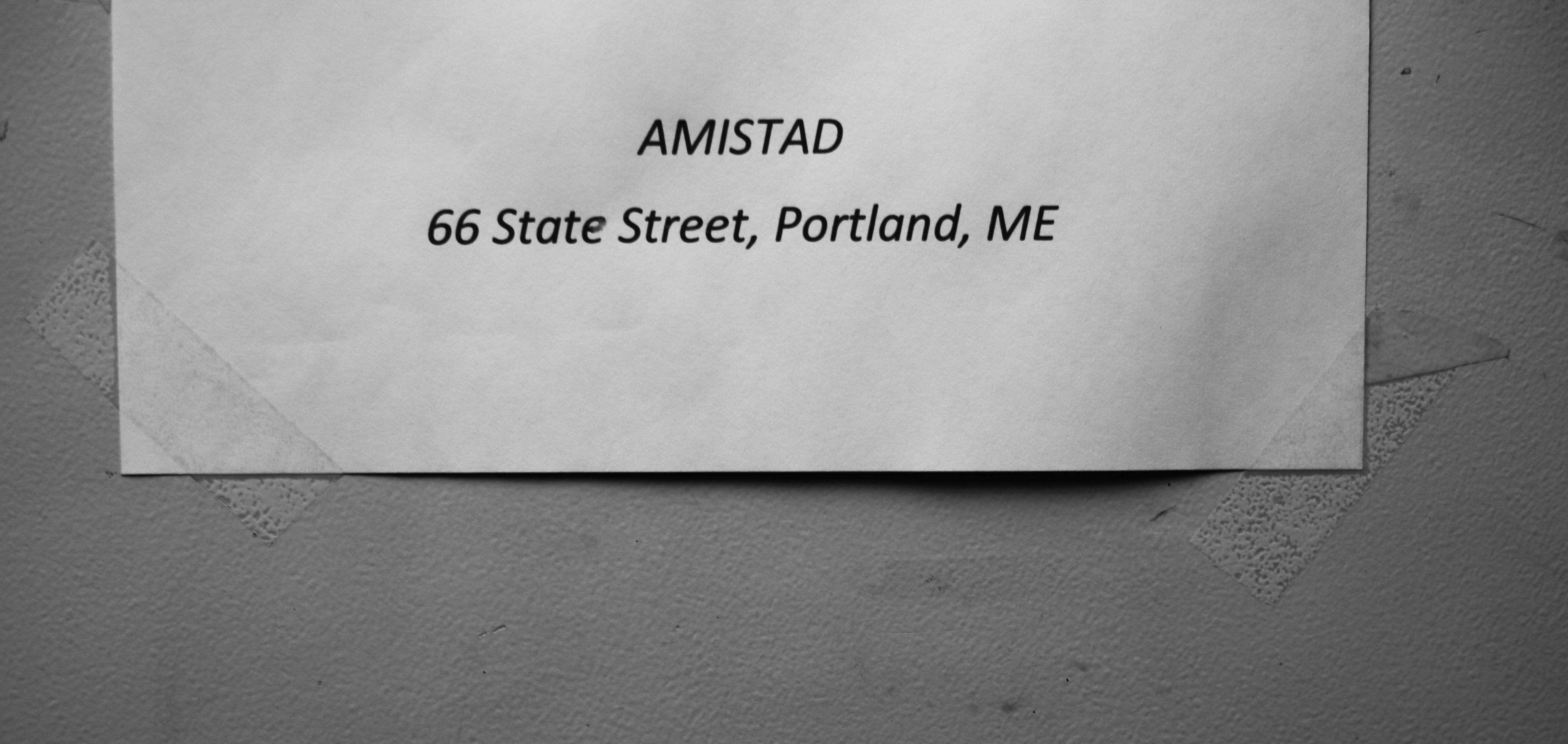River Plouffe Vogel, Sports Editor
Finding community is not always easy, even in a small state like Maine and in a city the size of Portland. In fact, Maine can be a very isolating place, where community means to most people, the neighborhood someone lives in. However community is so much more than the proximity between individuals. Almost synonymous with community is support. In social work today, practitioners look increasingly beyond the individual or micro level and to the larger community, or macro level.
Community practice theory is one such example, which examines social justice and human rights on a macro level. Essentially when support programs and resources are developed, organized and planned specifically by the community that they encompass, those individuals existing within benefit significantly. Especially when considering marginalized populations, such as those who are dealing with homelessness, addiction, mental illness, or other factors that often lead to greater society turning a blind eye, or cold shoulder. Mental illness and addiction have become stigmatized in American culture, and in communities across the country.
So routinely these populations become isolated, and lack essential support systems. Typically people stray away from things they don’t understand, or from issues that feel unsolvable. There is a perception that someone struggling with addiction is choosing that path, or that an individual dealing with homelessness only have themselves to blame, even though it can literally happen to anyone. But by building a community that is culturally competent to the direct barriers faced by those with mental illness or addiction; recovery, independence and increased quality of life can become more attainable. And every individual deserves that right, and should be entitled to such supports.

Located on 66 State Street, only a stone’s throw away from upper Congress and the heart of Portland is Amistad. Amistad started in 1982, and is founding on the values of recovery, relationships, respect and social justice. Amistad is peer run, organized and supported. It’s a community of people who have been consumers of mental health services and who are in recovery. Their mission is beautiful one.
“To foster a community of people who are facing mental health and other life challenges, expand peer services, and advocate for changes to the entire health system which are based on a belief in the inherent potential of each individual and respect for meaningful consumer voice.”
In other words, Amistad is run and organized by individuals with real life experience. No one is treated as an outcast, every voice is given it’s chance to speak, and their thoughts valued. It’s a place where support is from those who can truly understand the hardships and barriers faced by those coming through the doors, where recovery programs are designed by those who have gone through the process themselves.
They have a saying at Amistad, “People helping people”. It’s not someone in a white lab coat, but a friend, a family member, it’s a community of people all working together to support each other.
Andrew Paine is in his final year at USM, in the Social Work undergraduate program. He is currently an intern at Amistad where he does peer outreach. Paine explains his work as, “Putting out fires,” for him it’s all about finding people in the community that others are overlooking and figuring out how to best help them in that moment.
“Maybe it’s helping them find housing, counseling, some warm clothes or just a ride. I see people with a need and I try to provide them with resources to meet that need,” Paine said.
Paine knows Amistad well, and almost 20 years ago he walked through their doors in search of support himself. There is a true feeling of community there, an unspoken connection between those that work there and those that access the space, they have a shared story and it’s hard to feel alone in a place like that. Paine is 68 now, and after graduation will move on to the Master’s program in the fall, where he will continue his work at Amistad.
Amistad’s board is a wonderful example of community supports coming together. It includes members of portland police department, University of southern maine nursing program, mercy hospital, spring harbor and Amistad’s peer center community.
“This is home to people,” says Theresa Cornell, the director of risk and quality management. “This is your place, we have a fax machine down stairs, that’s your fax machine. We are your home office, need something copied, we will copy it. Want to start a group, or organize an event, we help make it happen, its a safe space.”
Cornell went on to explain the vast wealth of peer run groups from depression and bipolar support, to narcotics anonymous (NA) meetings and art therapy groups. There is always something going on, like a daily stretch, movies, trips to Walmart or Target, bingo, and even a group that just hangs out and does nails. Each one of these activities, from counseling to manicures provides individuals with a feeling of belonging, and often it’s the normal stuff, like just being able to watch television and be themselves that can make the biggest difference.
Amistad is open five days a week. They serve breakfast and lunch, have day lockers, showers and a clothing closet. For any further information, or to make donations visit their website at amistadinc.com.
Edit: Theresa Cornell’s title was changed from “director of risk and quality management” to “peer support specialist.”

